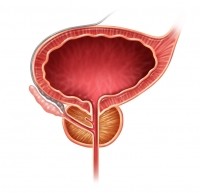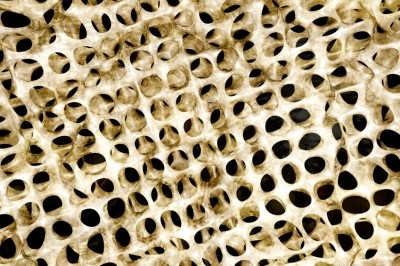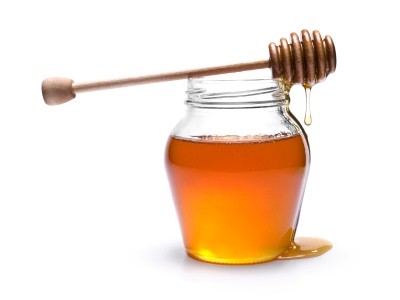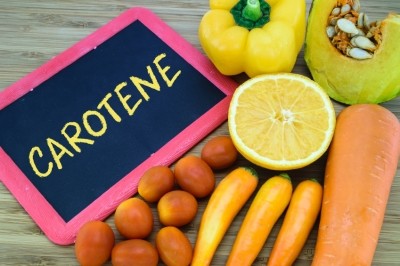Antioxidants may reduce oxidative stress in men with prostate cancer
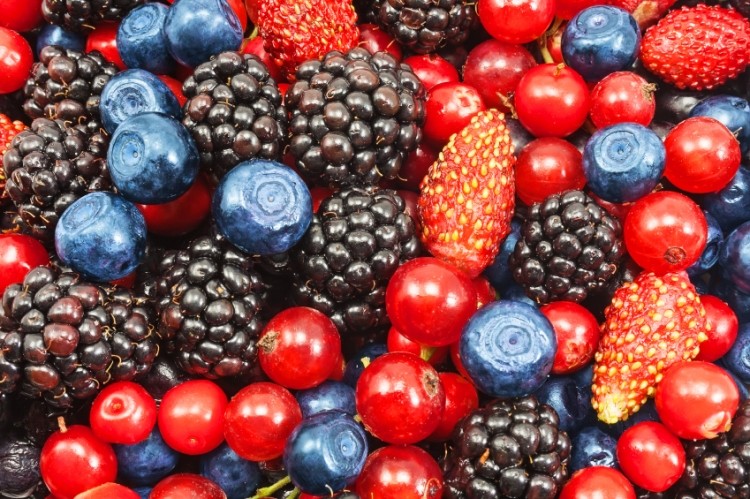
This latest paper – which looked at men with prostate cancer from the North Carolina-Louisiana Prostate Cancer Project – came in light of a growing body of evidence suggesting oxidative stress plays a role in the development and progression of prostate cancer.
The researchers looked at biomarkers of oxidative stress in the blood, urine and prostate tissue.
They found a greater antioxidant intake was associated with lower urinary 8-isoprostane concentrations.
A 10% increase in antioxidant intake saw an unadjusted 1.1% decrease in urinary 8-isoprostane levels.
8-Isoprostane has been described as a “reliable marker” and recognised “gold standard” for lipid peroxidation – the oxidative degradation of lipids.
“This study demonstrated that intake of antioxidants was associated with less oxidative stress among men with incident prostate cancer,” the researchers concluded in the British Journal of Nutrition.
“The results of this study and others warrant additional research in humans on the mechanisms underlying the relationship between dietary antioxidants and prostate tissue redox status and carcinogenesis, as well as determining whether this relationship may influence disease severity, progression and recurrence.”
The study was conducted by researchers at the University of Connecticut, Roswell Park Cancer Institute, National Cancer Institute, Louisiana State University Health Sciences Centre, University of North Carolina, University of South Carolina and the University of California in the US.
Antioxidants are molecules found in many fruits and vegetables that inhibit the oxidation of other molecules.
Oxidation sees the loss of electrons, which can produce free radicals. In a chain reaction these free radicals can cause damage to cells.
Health claims relating specifically to the term 'antioxidant' have been by and large unsuccessful in the EU, with 149 dossiers of this kind rejected so far by the European Food Safety Authority (EFSA).
Meanwhile claims for the 'protection of cells from oxidative stress' have been more successful, with approvals for the likes of copper, vitamin E, manganese, olive oil polyphenols and selenium.
Source: British Journal of Nutrition
Published online ahead of print, doi:10.1017/S0007114515004249
“Intake of dietary antioxidants is inversely associated with biomarkers of oxidative stress among men with prostate cancer”
Authors: T. M. Vance, G. Azabdaftari, E. A. Pop, S. Gil Lee, L. Joseph Su, E. T. H. Fontham, J. T. Bensen, S. E. Steck, L. Arab, J. L. Mohler, M.H. Chen, S. I. Koo and O. K. Chun
